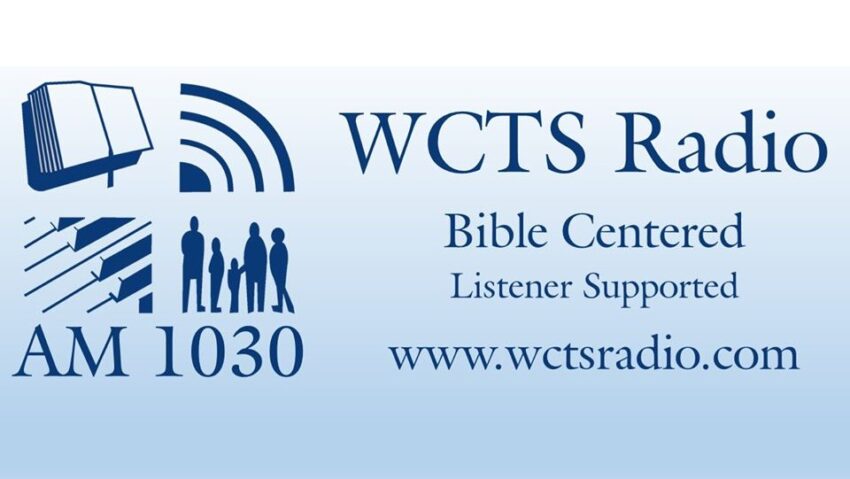The FCC has upheld its earlier decision to allow the owner of WCTS/1030 (Maplewood-Minneapolis) to upgrade its FM translator, denying a petition for reconsideration from a competing broadcaster.
The Central Baptist Theological Seminary’s K250BY/97.9 (Plymouth) and Park Public Radio’s KPPS-LP/97.5 (St. Louis Park) both sought upgrades following the cancellation of the license of KQEP-LP/97.9 (St. Paul). KQEP-LP did not seek license renewal and its license was canceled as of April 1, 2021, at 3 a.m.
KPPS-LP filed an application on March 31, 2021, to move its transmitter from St. Louis Park to Minneapolis and change frequency to 97.7. Meanwhile, K250BY filed an application on April 1, 2021, to move its transmitter from Plymouth to the IDS Center, upgrading to 250 Watts.
Last summer, the FCC approved K250BY’s application, stating that KPPS-LP had filed its application too soon because KQEP-LP’s license had not yet expired.
PPR then filed a petition for reconsideration alleging, among other things, that KQEP-LP’s license had actually expired as a matter of law prior to April 1.
Federal law states that a station’s license automatically expires if it is off the air for more than a year. PPR alleged that KQEP-LP had been off the air for more than a year prior to April 1 and, because of the silence, its license had already legally expired when KPPS-LP filed its application.
There are two buildings in the area of KQEP-LP’s licensed coordinates, and PPR alleged that it could not have been transmitting from either one when it applied for its license to cover in 2017. It submitted the minutes of a Board of Regents meeting showing that a university-owned building was vacant at the time and an email from the manager of another building stating that there had been no radio antenna at the site.
In its latest decision, FCC Audio Division Chief Albert Shuldiner writes that PPR’s allegations about KQEP-LP’s status should have been made earlier in the process. He said even if the claim had been made in a timely manner, PPR failed to provide sufficient evidence to prove that KQEP-LP had been off the air continuously for at least 12 months.
Mr. Sibert’s unsupported assertion that he was unable to find the station transmitting on its licensed frequency for more than a year is insufficient to establish that KQEP-LP was indeed silent for 12 consecutive months. Also unpersuasive is the alleged building manager’s assertion in an unsworn and unverified email that no radio antennas had been installed on the “Court West” building since 2012. Further, the photographs of the building alleged to have housed KQEP-LP’s facilities were dated August 18, 2021, roughly four months after the KQEP-LP license expired, and therefore they do not establish that KQEP-LP was silent for a consecutive 12-month period prior to April 1, 2021. Finally, the Board of Regents minutes from July 11, 2019, are unsigned, despite having signature lines, and are not otherwise supported by a declaration or sworn statement, and thus they have no probative value.
FCC letter, Feb. 6, 2023
The FCC also rejected PPR’s assertion that the competing applications should have been designated for a comparative hearing if it was found that KQEP-LP’s license had expired prior to KPPS-LP’s application.
Park Public Radio also has several construction permits for new non-commercial stations in Aitkin, Red Wing, and Virginia, MN, as well as pending applications for two frequencies in Minneapolis. It has pledged to divest KPPS-LP if it signs on any of the new stations.


3 thoughts on “FCC Upholds Decision Giving WCTS Translator Minneapolis Upgrade”
Comments are closed.